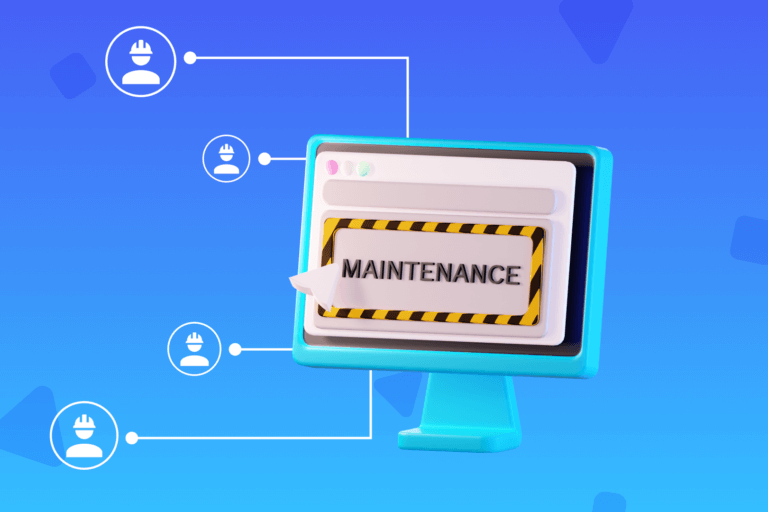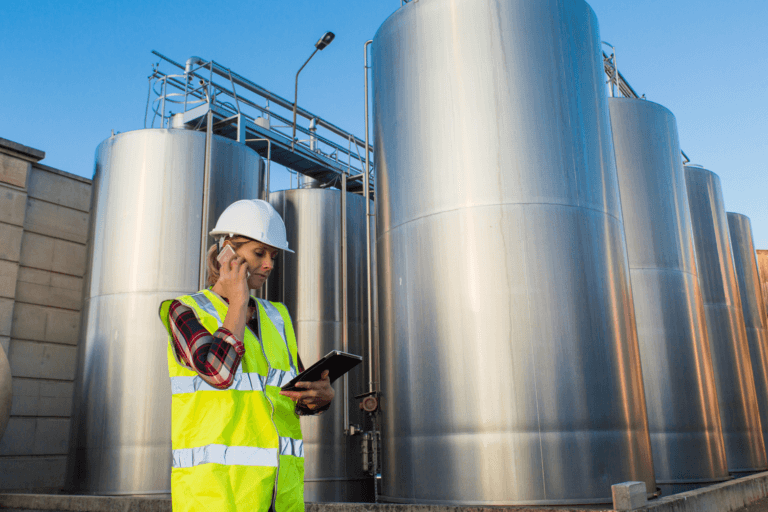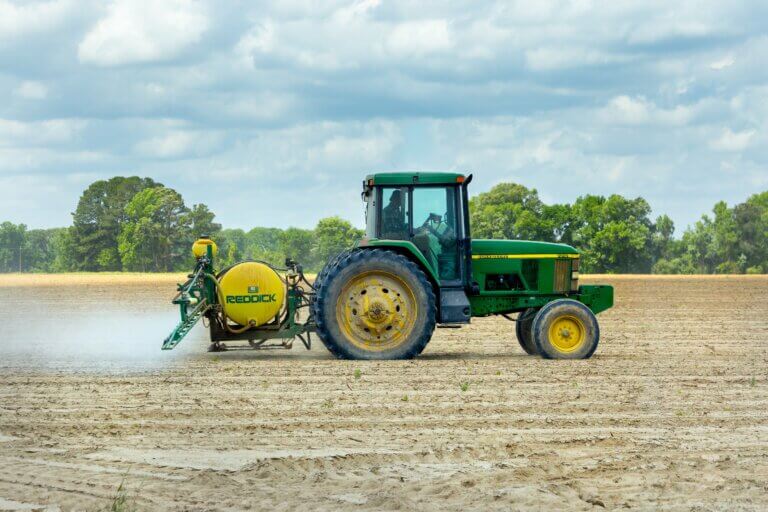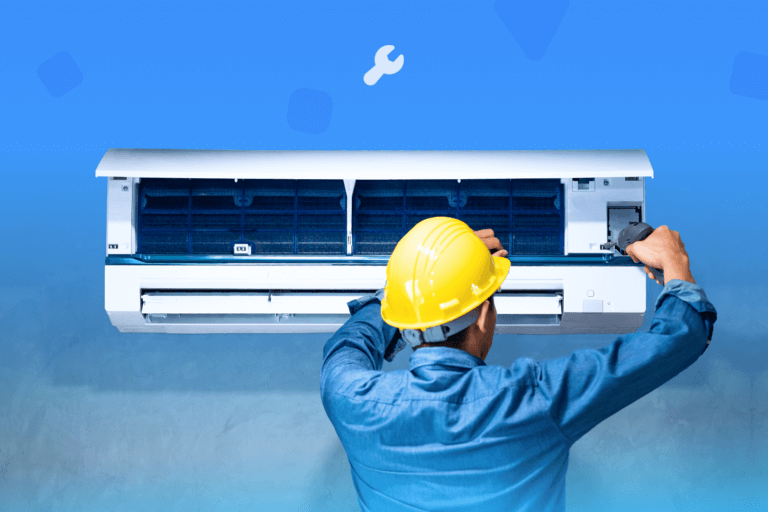Competitiveness is part of the essence of any company. In this frame, organizations use all the capabilities that are within their reach to stand out from their competitors, obtaining advantages that allow them to offer the best product at the most convenient price. And that is why commercial maintenance is established as a vital factor for industrial performance and profitability.
What is commercial maintenance?
Commercial maintenance is a fundamental tool for the proper functioning of any industrial company because it has a direct impact on its production process.
It is the main resource of all companies or organizations that intend to keep their fixed assets in full operating capacity and with high levels of efficiency.
Therefore, we can define commercial maintenance as a set of activities necessary to achieve optimal operation of its facilities, machinery and equipment, as well as the different work areas that make up its industrial facilities. Repair and overhaul work, required to ensure that the production system and state of conservation are properly maintained, also have to be considered.
Goals of commercial maintenance
Understood as a key strategic action for the management of any company, the objective of commercial maintenance is to ensure the production, quality and correct operation of the equipment in any industrial process.
In this way, it is a set of actions that directly influences the quantity and quality of production, as well as the shelf life of the equipment involved in this process.
Benefits of commercial maintenance
There are still companies for which maintenance is a secondary and expendable task. However, equipment problems and malfunctions are a reality that affects all types of organizations equally, regardless of their size and category. And it is these types of situations that affect the production cycle with stoppages that affect the productivity and profitability of a company.
For these reasons, commercial maintenance should be seen as an investment, since it generates great benefits, among which we highlight the following:
- Prevention and reduction of work-related accidents
- Increased safety for workers
- Decrease in losses due to production stoppages
- Possibility of having data for monitoring the maintenance necessary for each equipment
- Prevent the emergence of irreparable damage to equipment and facilities
- Increase in the shelf life of the equipment
- Costs reduction
- Conservation of equipment in good condition
- Increase in the quality of the company’s activity
What kinds of maintenance exist?
Commercial maintenance considers three alternatives:
- Corrective maintenance – aimed at correcting any defect that occurs in any equipment or installation of a company. Its objective is to correct faults or faults once they are detected.
- Preventive maintenance – aimed at preventing equipment and facilities failures, the objective of which is to reduce risks. Through a constant and planned review, it aims to reduce errors or breakdowns, according to the criteria and needs of each industry.
- Predictive maintenance – it is a more technical and advanced type of maintenance, which requires more specific training, with a certain degree of knowledge and analysis and specialized equipment. As well as preventive maintenance, what the predictive variant of maintenance seeks is to precede breakdowns or failures. The difference lies in the fact that, through different tools or techniques for detecting different variables, such as vibration, pressure or temperature, a diagnosis of the state of an equipment is carried out, anticipating future failures.
What tasks make up the commercial maintenance?
There are various activities and tasks that we must consider when planning and applying an industrial maintenance plan. This is presented as a fundamental part of the management since, the longer the equipment is used, the greater the probability that it will present a failure or breakdown.
It is therefore necessary:
- Develop scheduled maintenance programs
- Perform administrative tasks by area (work management, orders, etc.)
- Select and train qualified personnel
- Repair and check all equipment and systems systematically
- Control and secure inventory of supplies
- Keep the accounting of the equipment
- Order spare parts and tools
- Buy or implement new equipment
Time and smart commercial maintenance
In a highly digital world, where time and a series of other factors intervene and pressure companies to carry out their maintenance processes in an increasingly efficient and optimized way, the use of software to support this management has become an essential step.
There are several options, being increasingly feasible and accessible to have applications developed according to specific requirements for each company and industrial area. Among some of the examples that have become pillars of strategies to improve quality and efficiency within companies, we can highlight:
CHARLEY: implemented by General Motors in order to diagnose problems in damaged machines and tools. It is also used to instruct less experienced workers, providing information and explanation of tasks and processes.
FSM: system used in aeronautics to manage continuous monitoring of the status of the alarms that aircraft have.
GEMS-TTS – Software used by AT&T maintenance specialists to isolate communication link faults.
INNATE: system used for the precise diagnosis of damage to electronic circuits.
How to plan commercial maintenance?
Although there are a number of factors involved in planning commercial maintenance, time is of the essence for this task to be done correctly.
The first thing that is advised is to have a long-term vision, planning the performance of each maintenance in sufficient time, considering the particular characteristics of each industry.
Seasonality and seasons should be included as a key factor in planning. If a company operates under a production regime with peaks or seasons, the recommendation is to carry out maintenance at the beginning of these periods, in order to avoid problems during the peak months.
In companies where seasonality causes a reduction in productive activity, it is recommended that maintenance work and other improvement tasks, such as extensions or change of facilities, be carried out at those times. In many cases, summer is a good time to consider these types of actions.
However, the summer season turns out to be the busiest time for many companies. Hence, it is essential to carry out planned maintenance in advance, to avoid failures in a period where the heat forces many teams to work at the limit of their capacities.
Finally, the periodicity of maintenance in many cases must also respect regulations or legal regulations in force for each piece of equipment or installation, so planning must follow the mandatory inspections and maintenance work.
As a result of the above, it is confirmed that commercial maintenance is of great relevance. To the extent that it is done correctly, its effects translate into greater quality, efficiency and profitability, so it cannot be absent from business management.






